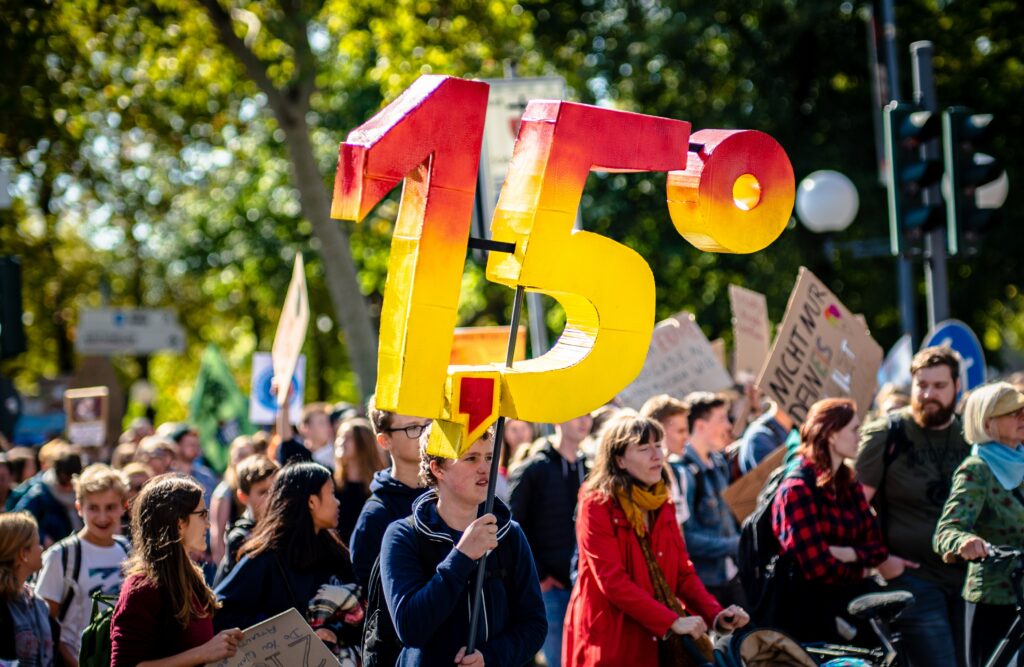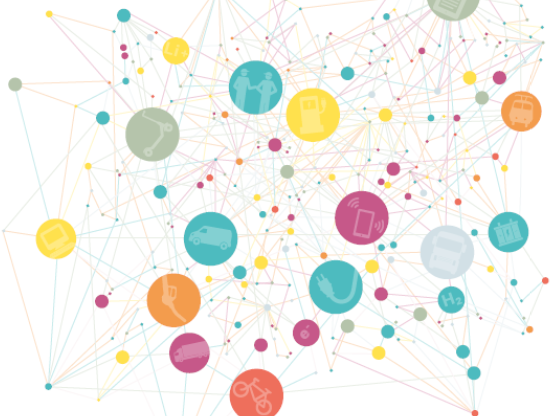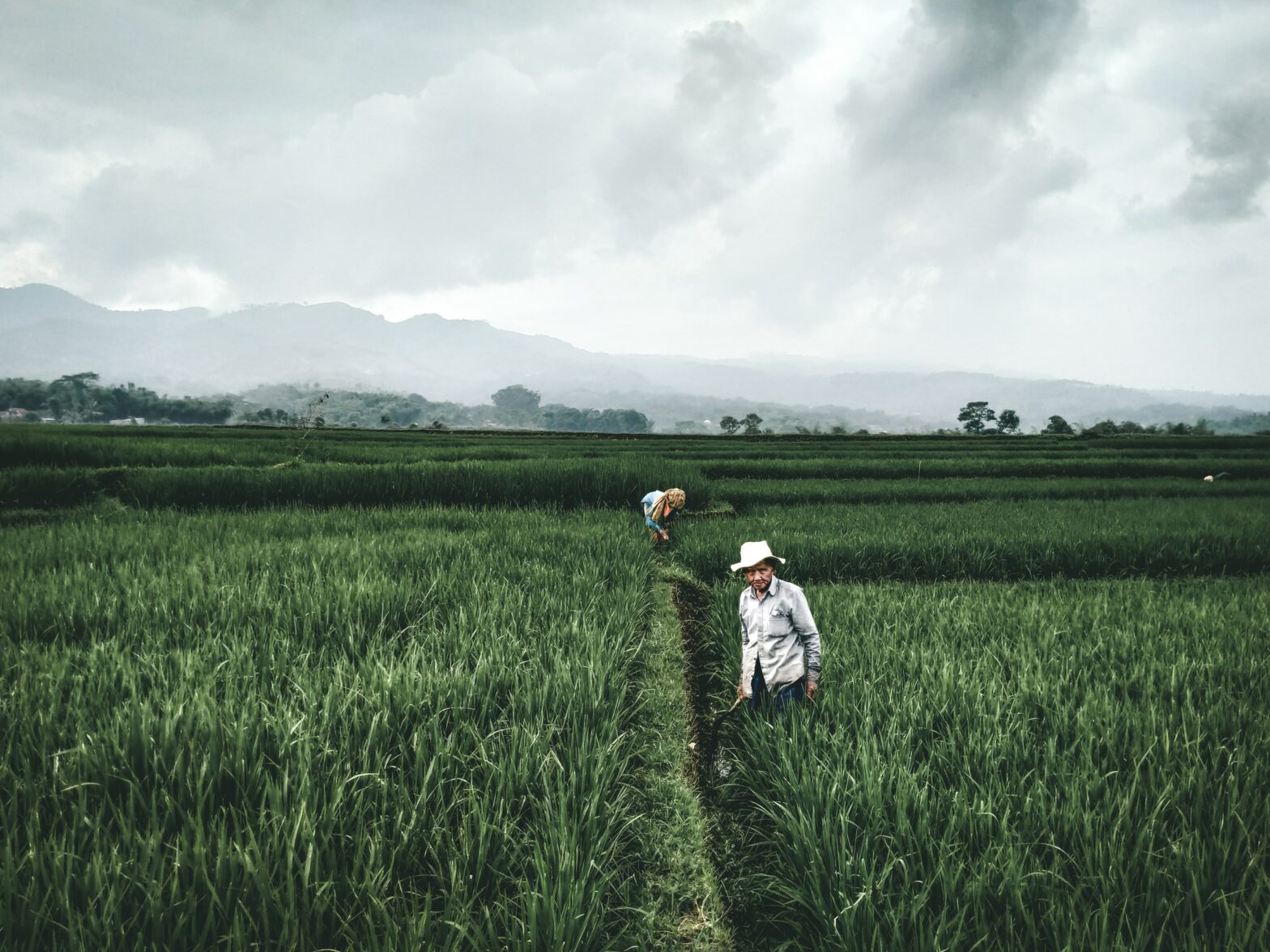Share Twitter Facebook Email Copy URL
Without gender equality and female emancipation, it is not possible to combat climate change and the risks associated with environmental disasters. These are the findings of the United Nations’ Commission on the Status of Women (UN CSW66),[i] which met this year for its 66th session.
What is the United Nations’ Commission on the Status of Women (CSW)?
Since 1947, the Intergovernmental Commission on the Status of Women has been meeting in New York every year, with the aim of “improving the status of women, without distinction as to nationality, race, language or religion”[i], as expressed by the Charter of the United Nations. The governments of 45 states are actively involved, which have been in office for four years, alongside a wide network of non-governmental organisations (NGOs) and trade unions representing civil society at the international level. Other countries which are not members take part in all stages of the debate and negotiation, with speaking rights but not voting rights. NGOs accredited with consultative status at the UN can assist and provide their contribution as observers. The work results in the adoption of a text negotiated between the governments, the agreed conclusions. The CSW is one of the most interesting experiences in the United Nations Economic and Social Council (ECOSOC), as it involves the collection of practices, data, assessments, monitoring, complaints and reflections on women’s rights. Thus, it becomes sort of an international thermometer of the great transformations taking place in history with, at the heart of democracy and social justice. The agenda for the CSW’s work includes topics which are, by their nature, ‘sensitive’, as they relate to the existing or potential spaces of women’s political and economic power. As a result, they may affect and be at odds with consolidated interests pertaining to cultural, ethical and religious spheres, a basis of recurring values subject to strong prejudices which ends up hindering negotiations.
The environment as a priority topic of the 2022 CSW
Climate change is one of the greatest challenges for present and future generations and for democracy, as it emphasises existing inequalities, introduces new ones and interposes real obstacles to sustainable development from a social and economic perspective. The current narrative underestimates the disproportionate impact that climate and environment have on women’s lives, on a personal level, in the context of their family as well as in society. As this happens, not enough attention is paid to the fact that female mortality due to extreme weather events is higher than male mortality.
Global greenhouse gas emissions continue to rise in all regions of the world[ii]. Countries suffer from dramatic and irreversible natural changes, such as biodiversity loss, extreme weather events, soil degradation, desertification and deforestation, sand and dust storms, persistent drought, rising sea levels, coastal erosion, ocean acidification and the retreat of mountain glaciers. These are phenomena of enormous concern for humanity. For most of the population, they result in very serious breaking points for societies, economies, employment, agricultural, industrial and commercial systems, global trade, supply chains and displacements. These factors counteract the eradication of poverty and affect livelihoods, threatening food security, nutrition and access to water, especially for the most vulnerable groups by age, gender and social status. Alongside the risk of poverty, also the exposure of women to violence due to the greater difficulties in living conditions is increasing, resulting in added pressure in the care, domestic and assistance activities where women play a predominant role. The economic and social repercussions of the pandemic have aggravated this situation, emphasizing the existing gaps in wages, pensions and social security.
These issues were analysed by governments at the 66th CSW, while civil society, together with trade unions, was able to convey their own considerations and specific requests. Some of these requests have been gathered in the final document presenting the findings, recognising the need, among other things, to encourage the leadership of women and girls.
Women and girls as key players in sustainable development
Women and girls, together with indigenous peoples and local communities, play a role that is essential for the protection of the environment. States have the chance, and they must take it, to play a decisive role because, when deciding actions on climate, they are required to comply with, and promote, human rights, the right to health, the rights of indigenous peoples, local communities, migrants, children, people with disabilities and in vulnerable situations, as well as the right to development. They must promote gender equality, women’s’ empowerment, as well as inter-generational equity. States must also increase the full and meaningful participation of women in climate action, as well as ensure, in practice, the availability of the means necessary to achieve the objectives.
Changing the current situation is possible, thus there is no reason why this cannot be done. It is enough to translate political statements of principle into concrete actions, so that claims and actions are consistent.
Human rights are universal, indivisible, interdependent and interconnected
The historical phase in which we live has experienced recurrent attacks on the universality of rights in many countries, unfortunately even where it seemed that this principle was consolidated. Many governments have policies on immigration, on the rights of refugees, displaced persons and asylum seekers which offer sad examples of a serious breach in this area. Thus, it is extremely significative that the CSW final declaration explicitly recognises that the human rights and fundamental freedoms of all women and girls, which are universal, indivisible, interdependent and interconnected, are crucial for the purposes of women’s full and equal participation in society and for economic empowerment, and that they should be integrated into all policies and programmes. Once again, this shows the proactive and constructive role played by civil society through its multilateral fora, when provided with space for participation. Recognising that all women have the same human rights implies the need for adequate responses to different situations, conditions, needs and priorities, acknowledging that some women face specific barriers to their empowerment.
Among the essential human rights, that of drinking water and sanitation are top priority. Water scarcity and supply disruptions mainly affect women who have to travel long distances or wait in line for hours to collect supplies. As a result, they give up other essential activities such as education and leisure or the possibility to earn a living. Thus, providing water and sanitation services and infrastructures based on a gender perspective is essential in order to strengthen the resilience of all women.
Multiple and intersecting forms of discrimination and marginalisation are hindering women’s full and effective participation in public life. Measures are required, aimed at ensuring that everyone has the right to participate in, contribute to and enjoy economic, social, cultural and political development, through the promotion of civil, political, economic, social and cultural rights. Such initiatives should follow up the Beijing Declaration and Platform for Action[iii].

The ILO Decent Work Agenda
The CSW’s final document is unsatisfactory with respect to the topic of “work”. Governments should have gone beyond the simple call to implement the Decent Work Agenda[iv] and the Declaration on Fundamental Principles and Rights at Work of the International Labour Organization (ILO), in order to ensure a fair transition of the workforce and the creation of quality jobs, in accordance with the development priorities “defined at the national level” towards an inclusive, low greenhouse gas emission development. In practice, the reference to what was established on a national basis nullifies the effectiveness of international standards and weakens the foundation of the universality of human rights.
Unfortunately, this is the expression of the usual contradiction between words and deeds: on the one hand, governments recognise that women, in many situations, provide the main workforce for basic subsistence, bear a responsibility to safeguard the natural environment and to adequately and sustainably secure resources within the family and the community, but then, no consistent and binding commitments are ever made on how to ensure the protection of women’s standards and rights in the workplace.
Violence
All forms of violence against women and girls are rooted in historical and structural inequalities and in unequal power relationships between men and women. Thus, violence is a major obstacle for the achievement of gender equality and empowerment. Climate change and its negative impacts are increasing all forms of vulnerability to discrimination and all forms of violence, whether online or offline, in the public or private spheres, including sexual and gender-based violence, such as sexual harassment, domestic violence, gender-related killings, including feminicide, practices such as child, early and forced marriage and genital mutilation. Child and forced labour, human trafficking, sexual exploitation and abuse are pervasive, under-recognised and under-reported, especially at the community level. Women are more exposed to it as a result of poverty, disability, limited access to justice, effective legal remedies, psycho-social services, protection, rehabilitation, reintegration and health services.
The increasing prevalence of violence against women and girls in a digital context, especially on social media, along with the lack of preventive measures and remedies, underline the need for action aimed at preventing and responding to online and offline violence and harassment, in addition to all the other negative effects of technological development. Emerging forms of violence such as cyberstalking, cyberbullying and violation of privacy affect a high percentage of women, ending up compromising their health, their emotional, psychological and physical well-being, as well as their safety.
The CSW yesterday, today and tomorrow
Today more than ever, due to the large number of wars which threaten peace and civil coexistence in the world, the full participation of women in all processes of conflict prevention and resolution, as well as peace-building, is one of the essential and crucial factors for peace and international security, also in the context of environmental degradation and disasters. We face an urgent need to eliminate the persistent historical and structural inequalities resulting from racism, stigma and xenophobia, unequal power relationships between women and men, discriminatory laws and policies, negative social norms and gender stereotypes, in order to facilitate access to resources, universal social security systems and public services, education, finance, technology, mobility, and other rights such as land ownership and control, family inheritance, natural resources, new appropriate technologies and financial services such as microfinance.
The scope of the CSW’s work represents an assessment of civilisation for all of us, without distinctions, and relates to delicate political spheres, where negotiation affects sensitive spheres of cultural belonging which can fall prey to the opposite and dangerous drifts of ethical relativism (equivalent to moral indifference) or of intolerant and dogmatic fundamentalism. In order to highlight the extent of the cultural battle faced by the CSW, it is worth recalling that on the occasion of the drafting of the Universal Declaration of Human Rights approved by the United Nations Assembly on 10 December 1948 (which also involved the CSW as one of its first testing grounds) there was clear resistance, even within the UN, requiring the use of more attentive language and greater sensitivity to gender issues. The latter is an aspect which must be especially considered, since language is probably the strongest producer of gender roles.
Silvana Cappuccio is an expert in international trade union policy. She is working in the SPI CGIL International Policy Department, is titular member of the EU OSHA in Bilbao and have represented the three Italian trade unions CGIL CISL UIL in the workers group of the ILO during the last seven years, until June 2021. She is the author of two books: Glokers – People, Places and Ideas about Globalised Labour”, in Italian, and “Jeans to Die For” (about silicosis in the jeans production industry), in Italian and English.
[i] https://www.unwomen.org/en/csw/csw66-2022
[ii] Report to ECOSOC of the first session of the Commission on the Status of Women, held at Lake Success, New York, from 10 to 24 February 1947: E/281/Rev.1, 25 February 1947
[iii] https://www.un.org/en/climatechange/cop26
[iv] In 2008, the ILO adopted its “Declaration on Social Justice for a Fair Globalization”, in which it underlines its key role in contributing to achieve progress and social justice in the context of globalisation, through its Decent work agenda. The Decent work agenda is defined as based on an integrated and gender-based approach consisting of four pillars: productive and freely chosen work, labour rights, social security and social dialogue.



